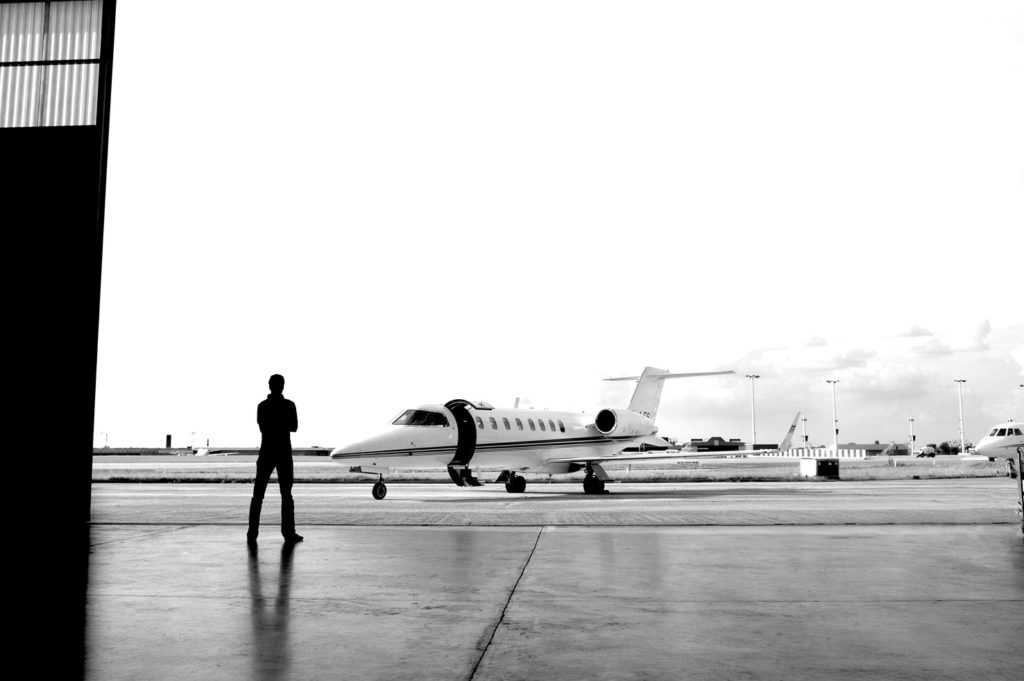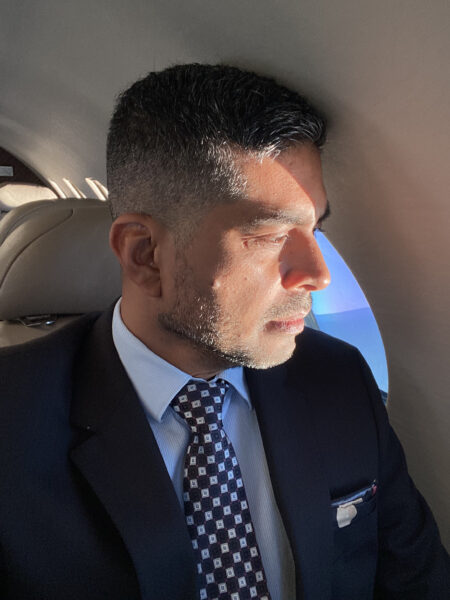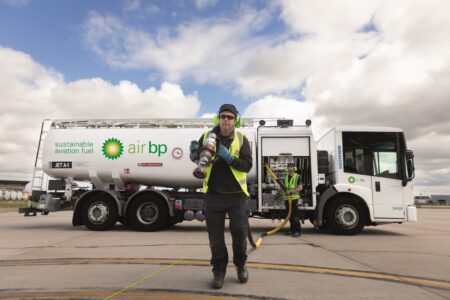The global pandemic has had a devastating impact on aviation—impacting both the business and commercial sectors of the industry. As the operators and passengers take steps to adjust to the new future of travel, it appears that one area of business aviation is pivoting more quickly than others: charter travel.
According to Vilnius, Lithuania-based company Jet Maintenance Solutions, some private aviation companies have seen an increase in queries and bookings, likely driven in part by the ability for passengers to better socially distance using private aircraft.
The reason for the surge in demand? For one, charter operators can provide an increased layer of pathogen safety to passengers, at least during the time commercial airlines focus on implementing the necessary changes to do the same. According to operator GlobeAir, compared to commercial flights, flying via private aviation is 30 times less risky regarding the exposure to an infected person.
Charter passengers for example, do not pass through airport ticketing, security, terminals, gates and other common areas where thousands of travelers and employees can be exposed. Instead, charter passengers go directly to an FBO, effectively bypassing higher risk areas, which significantly reduces the risk of contracting a community-acquired infection such as Coronavirus.
This layer of safety is resulting in new clientele for private jet operators. In fact, for many operators, this summer is on track to be one of the best for new customer relationships that the industry has seen in some time, according to a recent article from the New York Times. The same article also referenced the safety appeal of private travel, noting that “a person on the average commercial flight has about 700 points of contact with other people and objects, according to a recent analysis by the consulting firm McKinsey, but private flights have only 20 to 30.”
Aviation experts are starting to see that, at least domestically, private travel providers are taking note of this growth and seeing it as an opportunity to expand and potentially retain a new type of traveler that may not have considered this travel style before.
“While aviation leaders, both business and commercial, continue to adjust and adapt as needed to accommodate evolving passenger needs and expectations, I think we’ll see notable adjustments in business aviation’s business models in order to accommodate a broader clientele range,” says Dori Henderson, executive director, business aviation and digital solutions for Collins Aerospace. “There is a certain price point for travelers who already choose to travel in business or first class commercially that the added safety with regards to social distancing that comes with charter travel could make the expense difference worth it.”
With all of the uncertainty influencing aviation’s recovery, the question of passenger confidence is key to understanding the industry’s resilience to the pandemic. As the world slowly reopens and reintroduces value to destinations, will travelers have the confidence to get back onto an airplane? If charter operator’s recent experience is any indication, then the aviation industry’s future looks bright.





